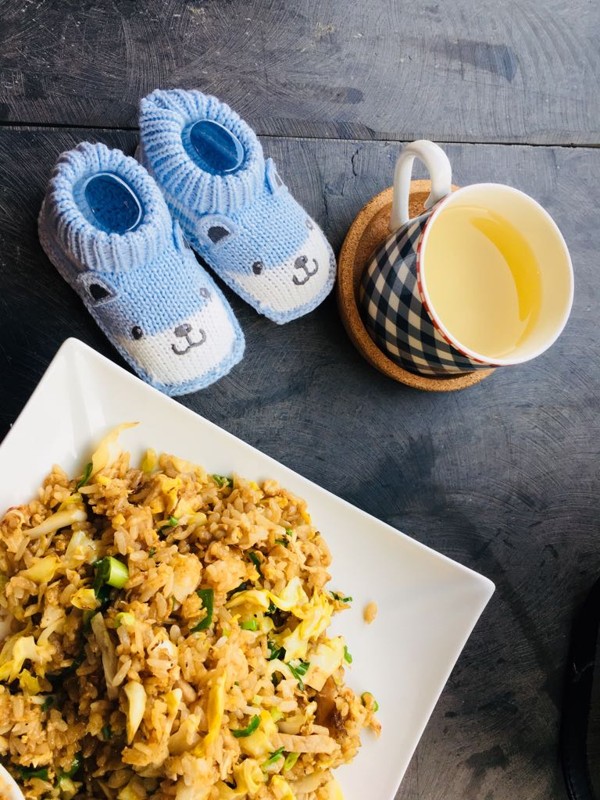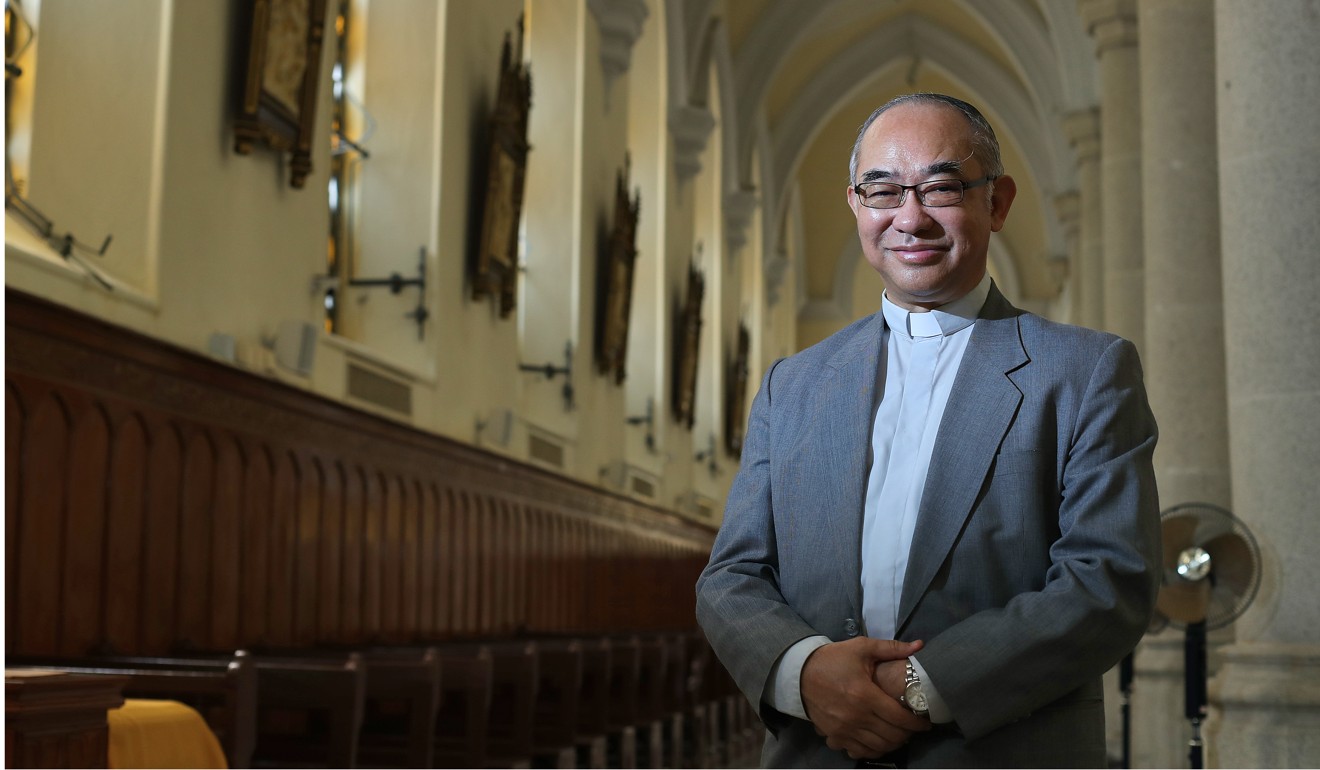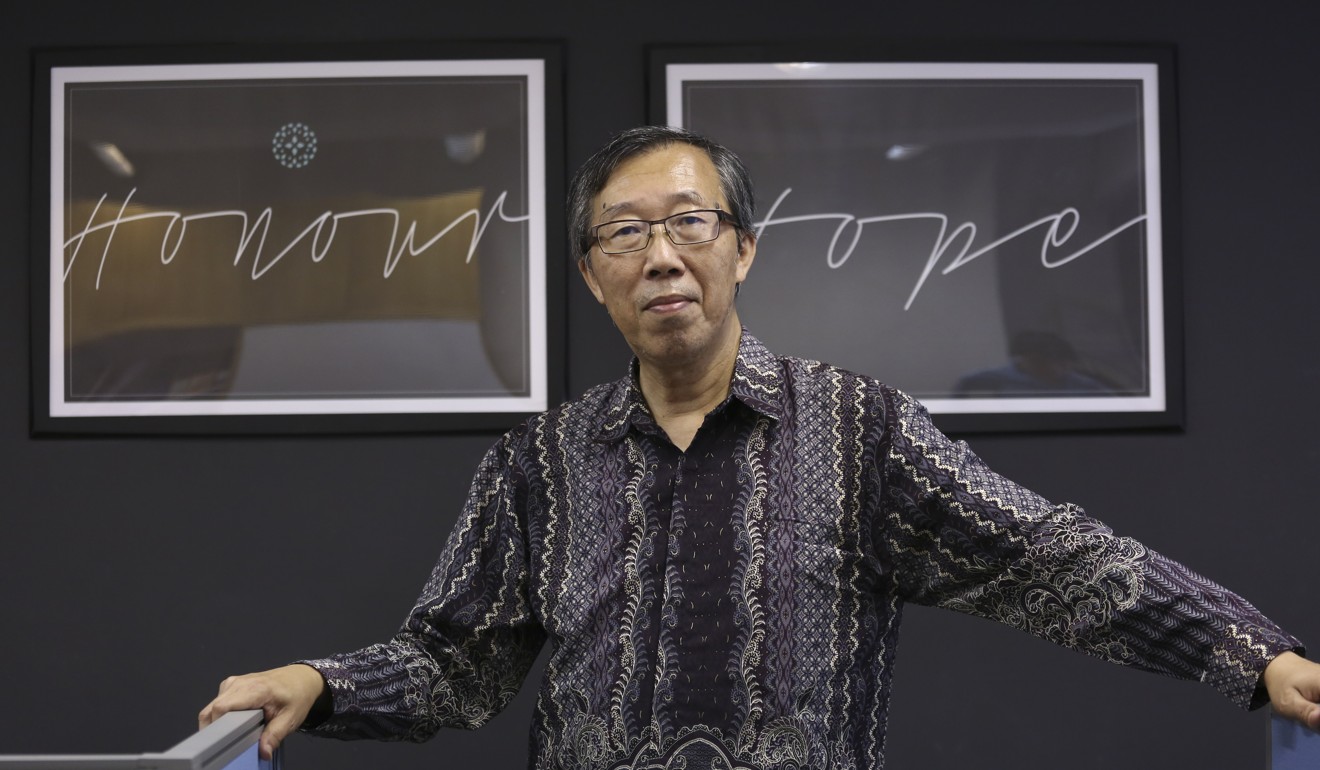
Nowhere to go on Ching Ming: Hong Kong parents struggle to mourn stillborn babies
Burial or cremation not always an option for miscarried fetuses
Baby Ethan was brought into the world through induced labour, a day after he was certified dead at 26 weeks last January. Lee was only about 10 minutes out of anaesthesia when she was asked by the medical staff: would the couple claim the baby’s body and handle his affairs on their own?
Dizzy and in pain, Lee left the choice to her husband, who declined to do so, thinking that this might cause them less trauma.
It was a decision they later regretted.

“I miss him so much. But I have nothing that was used by him. If we had his body and buried it somewhere, I would feel much closer to him,” said Lee, who has yet to fully recover from serious toxaemia – a gestational condition of blood poisoning caused by bacteria – more than a year after it ended her first pregnancy.
“The loss of a child is a lifelong pain. But I have no object upon which I can express my grief,” she said.
All Lee has is a pair of light blue baby shoes that she takes with her while travelling so she can take pictures of them, as if she were taking Ethan to see the world.
Lee is not alone in her pain.
Last May, around Mother’s Day – which falls near Lee’s birthday and what would have been Ethan’s birthday – Lee started a support group with five friends who had shared similar experiences.
Eight hours after they made an announcement on a local online parents forum, their group expanded 10-fold. Today, some 450 women whose children were stillborn are in their network.
More than 7,000 babies are stillborn every day, and half die during delivery
These women share a common problem: how to properly inter their babies.
In Hong Kong, only a fetus miscarried after the 24th week is recognised by the Hospital Authority as a stillbirth. And, only a certified stillbirth can be cremated and buried in public facilities. Burying an uncertified stillborn child could result in a fine of HK$2,000, or imprisonment of six months, according to the Births and Deaths Registration Ordinance.
A fetus miscarried before the 24th week is classified as an abortus, which is considered a type of “medical waste”, meaning that whether or not the remains are claimed by the parents, they must be handled by licensed facilities instead of ordinary funeral services.

It was not until last summer that the first burial site for abortuses was opened in Holy Cross Catholic Cemetery in Chai Wan, with received a special permit from the Food and Environmental Hygiene Department.
Vicar General Reverend Dominic Chan Chi-ming told the Post that the first phase of the site, Angel Garden, had some 200 places, and only 11 had been taken so far.
It’s not that people don’t need it, but parents are often unaware of this alternative.
“It’s not that people don’t need it, but parents are often unaware of this alternative,” Reverend Chan said.
The long and bitter journey, which often left parents feeling ill-informed, helpless and making decisions they regretted, began in hospitals, Lee said.
Among the 180 mothers in Lee’s group whose miscarriages came after their 12th week of pregnancy, only 15 claimed the bodies.
“The medical staff did not encourage us to make the claim,” Lee said. “If they told the mothers that their babies might be treated as a piece of medical waste, many mothers would have claimed the bodies.”
If the Lees had decided to take Ethan home and get him a certificate of stillbirth, they would most likely still have buried him in the ground because crematoriums in Hong Kong were not designed for miscarried fetuses, and the mother feared that the tiny body would leave no ashes in the extreme heat.
2 million Chinese mothers carry strep bacteria that can be fatal to newborns, study finds
The situation is even more complicated for abortuses, which are ineligible for the certificate required to secure a ground burial in public sites.
From 2015 to mid-2017, 23 abortuses were claimed by their parents, of which 15 were buried in private cemeteries and eight were cremated in private facilities, according to the Hospital Authority. Overall in 2017, the authority approved 23 applications for taking back the abortuses, while two more were rejected.
Both abortuses and stillborn fetus are not eligible for a certificate of death from the Immigration Department. Therefore the official name on their tombstones must be “someone’s son or daughter or fetus” instead of the name prepared by their mothers and fathers.

Some leeway has been made for the distraught parents.
Ng Sze-yuen, pastoral director of funeral service White Lily, said he once asked the stonemason to carve the name of a stillborn child next to the official line. “We often put words such as ‘in God’s embrace’ on the tombstone anyway,” Ng said.
Reverend Chan is taking a bigger step.
“We will build walls, as many as we are allowed, next to the Angel Garden, and each brick can carry the name and important dates of an abortus,” Chan said.
As the remains would be completely broken down in five to six years, Chan said the Angel Garden could be used by other families after the containers were removed and the memorial tablets were transferred to the walls.
Closure at last for Hong Kong couple who fought to bury fetus after miscarriage
Though the Angel Garden presents a solution for some parents, it has been serving only Catholic families.
Ng told the Post that the Christian cemetery in Tao Fong Shan, in the New Territories, had been consulting the Food and Environmental Hygiene Department on building their own Angel Garden.
Neither the parents nor the doctors can accept identifying a baby as medical waste, but how smoothly can we change the laws in today’s Hong Kong?
“Things would be much easier if the authority could amend its ordinance and issue a separate certificate for fetuses miscarried before the 24th week,” Chan said.
College of Obstetricians and Gynaecologists spokesman Yu Kai-man said that at the centre of the issue was “a legal problem instead of a medical problem”.
“The line is set at the 24th week because babies born before that can hardly survive from the medical perspective, and once the abortuses are defined as medical waste in law, the hands of the medical and funeral services sectors are tied,” Yu said.
“Neither the parents nor the doctors can accept identifying a baby as medical waste, but how smoothly can we change the laws in today’s Hong Kong?”
The Food and Health Bureau has not responded to inquires from the Post.

